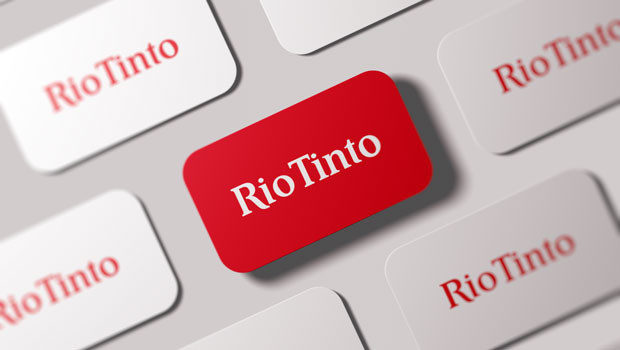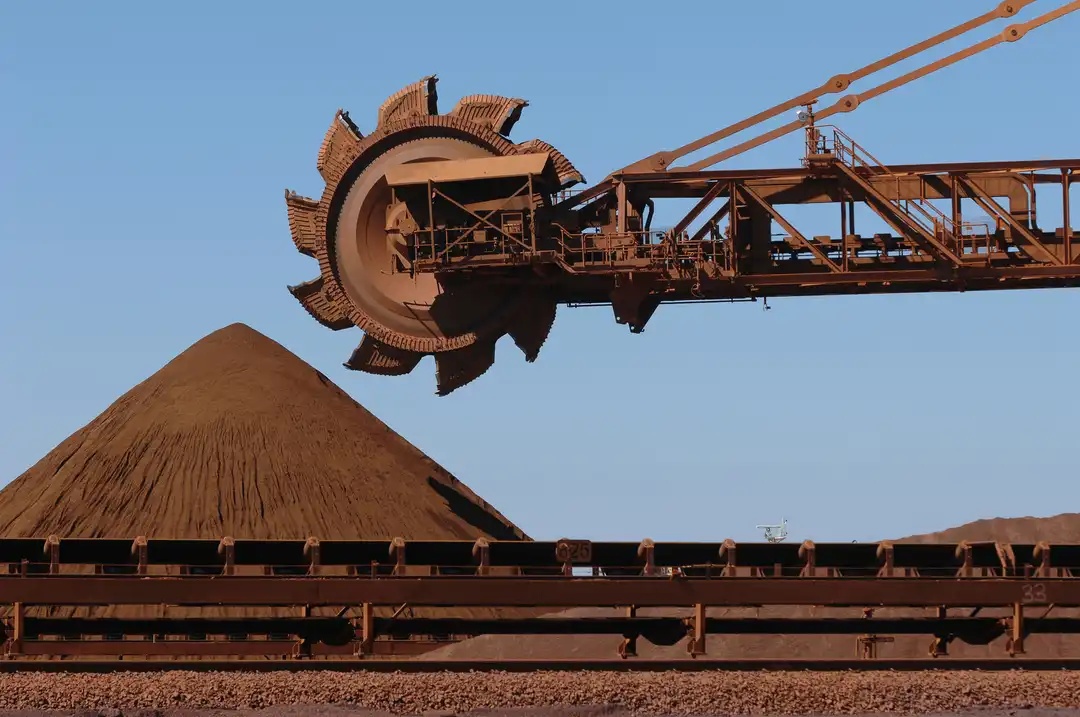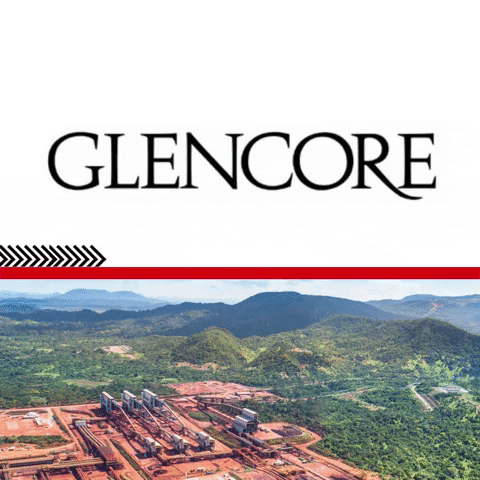The Trump administration said on Thursday that it would approve a land swap to allow Rio Tinto and BHP to build one of the world's largest copper mines. $RIO (-5,15 %) and BHP $ABHPG despite concerns from Native Americans that it would destroy a site of religious value.
The move is likely to exacerbate tensions between indigenous groups campaigning to preserve historic sites and Western governments seeking to boost production of key minerals and offset China's dominance in the sector.
The U.S. Forest Service, part of the Department of Agriculture, said it would publish an environmental report within 60 days, which is required for the land swap under the Resolution Copper project.
Congress and then-President Barack Obama approved the mine in 2014 after it was included in a must-pass military funding bill at the last minute with the requirement to publish an environmental report.
The underground mine - which President Donald Trump approved in his first term before his successor Joe Biden changed his mind - would supply more than a quarter of the US's copper needs and would be a key part of Trump's plan to boost mining in the US.
Copper is used in construction, transportation, electronics and many other industries. The United States imports about half of its copper needs each year.
However, building the mine would create a sinkhole that would swallow up the Oak Flat area where the San Carlos Apache live in Arizona. All but one of the state's 22 Native American tribes and the National Congress of American Indians have spoken out against the project.
Apache Stronghold, a non-profit group made up of the San Carlos Apache tribe and conservationists, petitioned the US Supreme Court last September to block the land swap. The court has not yet decided whether it will hear the case.
If the court accepts the case, the Forest Service could reevaluate its approach to the land swap on Thursday," it said.
"The U.S. government is in a hurry to give away our spiritual homeland before the courts can even make a judgment, just as it has been in a hurry to wipe out Native people for generations," said Wendsler Nosie, a leader of Apache Stronghold.
The group and its attorneys from the Becket Fund for Religious Liberty contend that the government would violate the First Amendment's guarantee of religious freedom if the mine is developed.
"This makes clear what is at stake: If the court doesn't act now, Oak Flat could be relocated and destroyed before justice is served," said Luke Goodrich, an attorney for Becket.
Representatives for the San Carlos Apache could not immediately be reached for comment.
Rio Tinto said the move was a "positive step forward" and that it would continue to work on the project, in which the company and BHP have already invested more than $2 billion. They have not yet produced any copper.
"The Resolution Copper mine is critical to securing America's energy future and infrastructure needs through a domestic supply of copper and other key minerals," a Rio spokesperson said.
BHP, which owns 45% of the project while Rio holds 55%, said: "Resolution is committed to engaging in open dialog with the local community and Native American tribes to responsibly advance the project."
The Forest Service's move was welcomed by Mila Besich, the Democratic mayor of Superior, Arizona, the town closest to the Resolution project.
"This is a milestone in a very long process," Besich said. "This is a good thing for our city."
Rio has said it plans to keep all of Resolution's copper in the U.S. if the mine is approved. The company already controls one of the two copper smelters in the U.S.






















